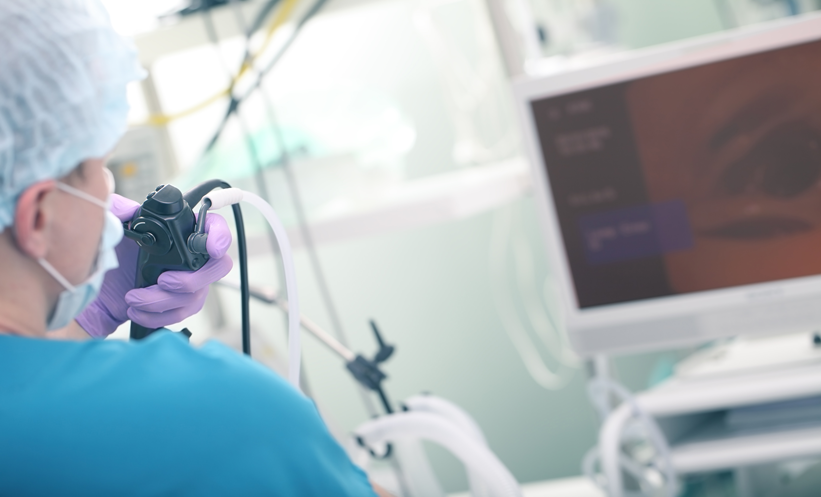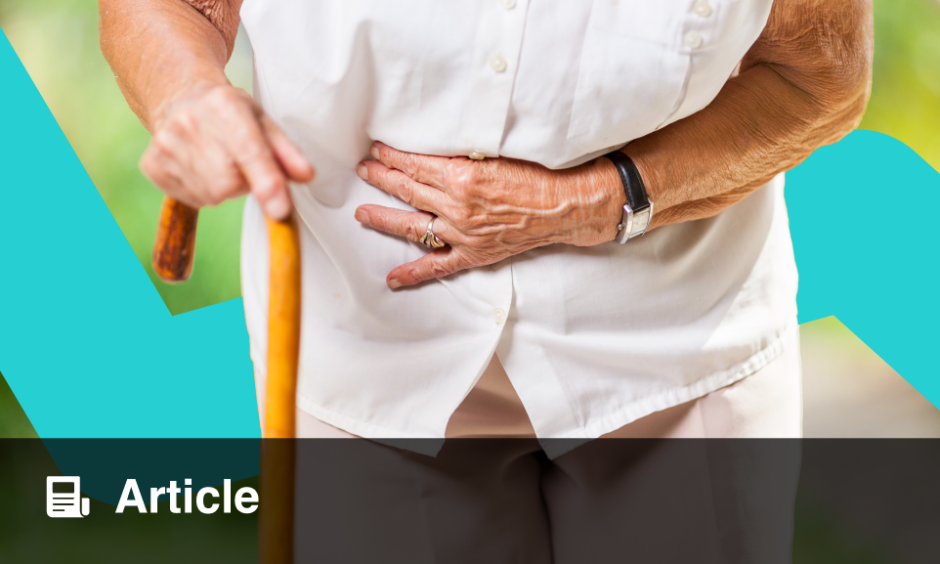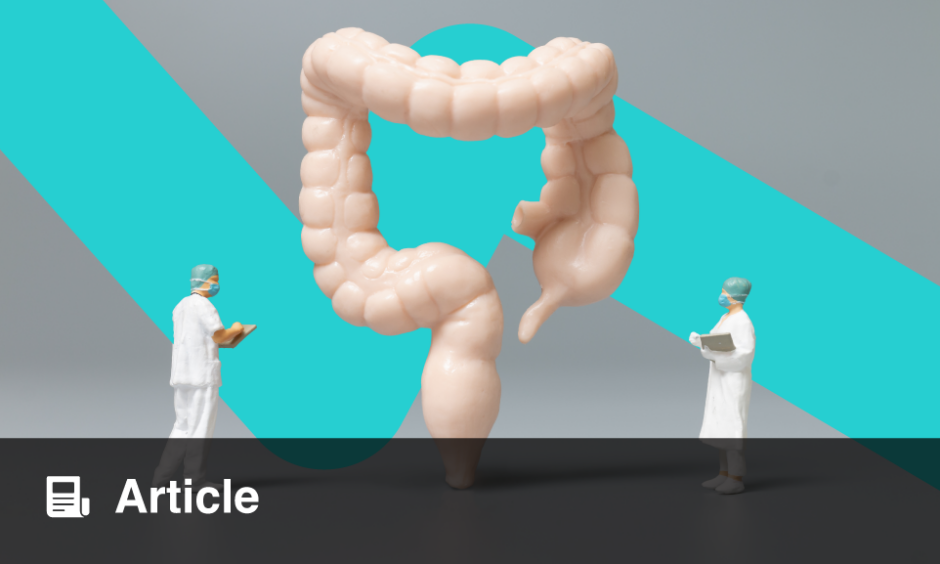GLUCAGON-like peptide-1 receptor agonists (GLP1-RA), commonly implemented in the treatment of Type 2 diabetes, may increase retention of gastric contents (RGC) during upper endoscopy, according to new research. The mechanism of action, to delay gastric emptying, is highly effective in the treatment of Type 2 diabetes and obesity, but may prove unsafe in patients undergoing oesophagogastroduodenoscopy (OGD) due to increased risk of hypoxia and aspiration.
Stephen A. Firkins, Digestive Disease and Surgery Institute at the Cleveland Clinical Foundation, Ohio, USA, and colleagues, wrote: “The American Society of Anesthesiologists (ASA) currently recommends holding GLP-1RAs for one dosing cycle prior to elective procedures; however, the American Gastroenterological Association (AGA) advocates proceeding with endoscopy in asymptomatic patients, adhering to standard perioperative protocols without medication withholding, and suggests implementing a liquid diet the day prior to endoscopy in lieu of stopping the medication.”
To assess the danger of continued use of GLP1-RAs during OGD, Firkins and team analysed 1,512 cases of OGD performed on patients actively taking GLP1-RAs (mean age: 60.9 years; 64.2% female; mean BMI: 35.2), between January 2018–October 2023. Of the participants, 9.4% presented with RGC (78.9% solid residue). This figure increased to 11.6% in OGDs that evaluated gastrointestinal symptoms. In a mere 2% of cases, endoscopists aborted the procedure. Nine adverse events occurred, comprising four incidents of hypoxia, and two cases of aspiration. Despite this, researchers identified that risk for aspiration among this cohort was “only marginally higher” than that of the general population (3–5/10,000), indicating that the occurrence of RGC may not be sufficient means to abort OGD.
Additionally, univariate analysis indicated that younger age (57.9 years versus 61.3 years), tirzepatide use (12.0% versus 6.6%) and oral semaglutide use (14.0% versus 0.2%) were significant risk factors for RGC. Same-day colonoscopy was, contrastingly, found to protect against RGC (odds ratio [OR]: 0.34; 95% confidence interval [CI]: 0.23–0.52). RCG was, likewise, significantly linked to procedural discontinuation (OR: 101.8; 95% CI: 30.3–341.5) and repeat procedure (OR: 223.6; 95% CI: 29.7–1,680.0). Notably, GLP-1RAs were not significantly associated with increased risk of RGC in multivariable analysis.
Of the findings obtained, Firkins and team stated: “These results may help guide more accurate patient education and development of risk mitigation policies for periprocedural management of patients taking GLP-1RAs.”
Reference
Firkins SA et al. Clinical outcomes and safety of upper endoscopy while on glucagon-like peptide-1 receptor agonists. Clin Gastroenterol Hepatol. 2024;DOI:10.1016/j.cgh.2024.03.013.








